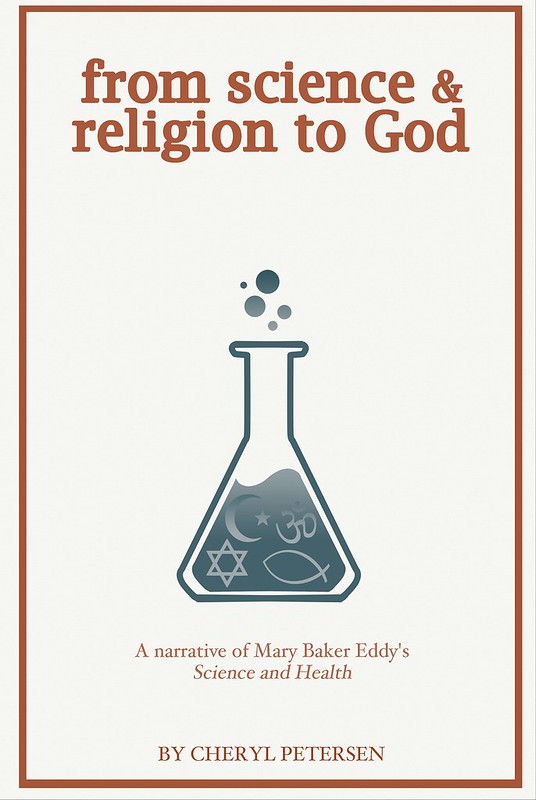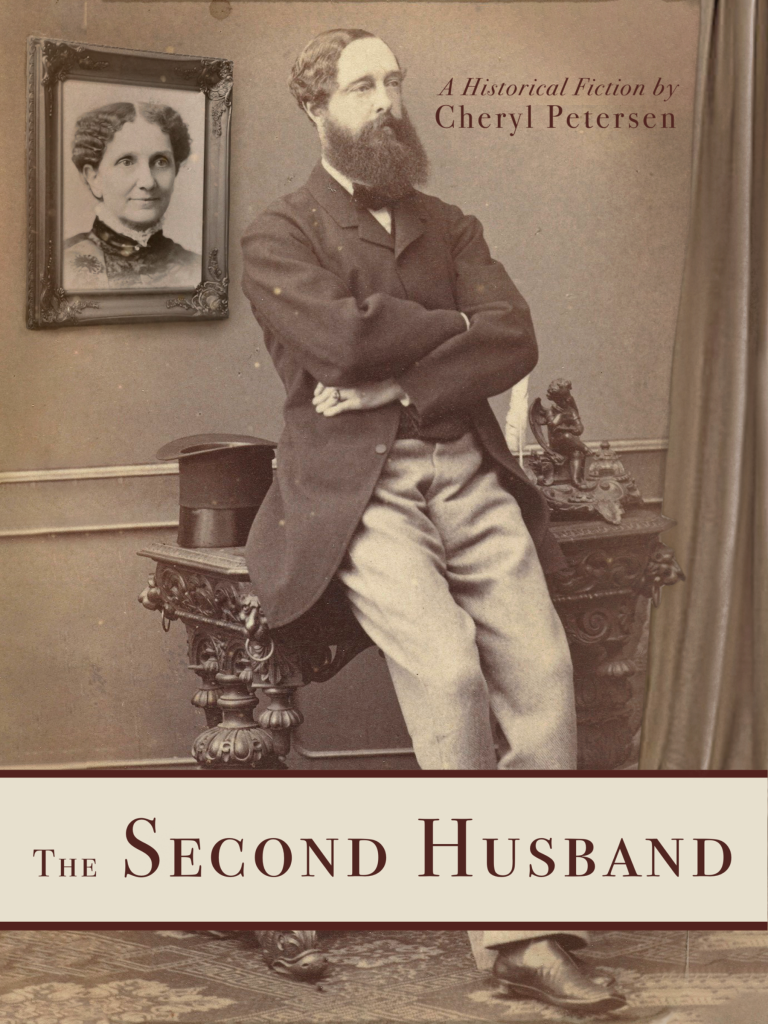Nelson Rolihlahla Mandela, 1918 – 2013
Deserving of mention, Nelson Rolihlahla Mandela, has always impressed me with grace and truth. His example attracted my attention years ago, and I am sure it will continue to do so. Grace and truth do not die. I quoted Nelson Mandela in 21st Century Science and Health, in a section that discusses our power and ability to overcome oppression.
From 21st Century Science and Health:
“Restrictive regulations
We must continue to value our thinking, improve it, and understand its effect on mental and bodily health. Health insurance companies are recognizing the power of thought. Not only are the costs of psychiatry or counseling covered, but some policies also cover alternative health care costs. These examples are in harmony with our Constitution and Bill of Rights, with that immortal sentiment of the Declaration, “Man is endowed by his Maker with certain inalienable rights, among which are life, liberty, and the pursuit of happiness.” Oppressive policies or agendas that restrict right thinking can be removed from power. No group of people, no policy, no drug, should be allowed to oppress.
Nelson Mandela wrote, “There was no particular day on which I said, From henceforth I will devote myself to the liberation of my people; instead, I simply found myself doing so, and could not do otherwise.”[1]
The above paragraphs are an update of Mary Baker Eddy’s statements in Science and Health, timely to her 19th century existence, reading:
“In 1880, Massachusetts put her foot on a proposed tyrannical law, restricting the practice of medicine. If her sister States follow this example in harmony with our Constitution and Bill of Rights, they will do less violence to that immortal sentiment of the Declaration, ‘Man is endowed by his Maker with certain inalienable rights, among which are life, liberty, and the pursuit of happiness.'”
“The oppressive state statutes touching medicine remind one of the words of the famous Madame Roland, as she knelt before a statue of Liberty, erected near the guillotine: ‘Liberty, what crimes are committed in thy name!'”
[1] Mandela, Nelson. Long Walk to Freedom (New York: Little, Brown and Company, 1994, 1995









